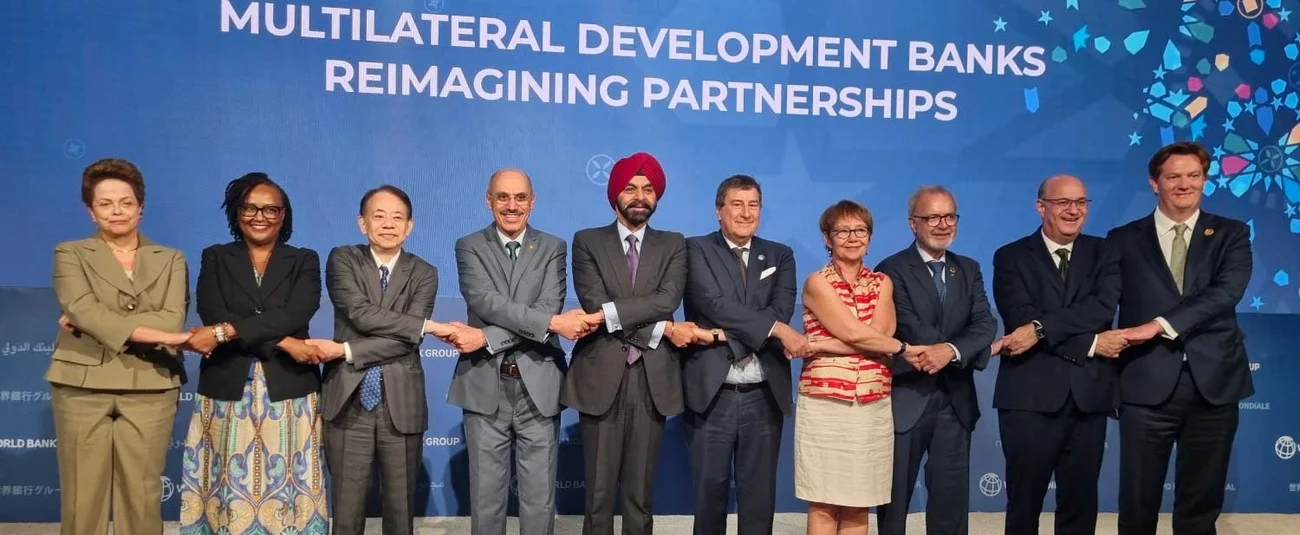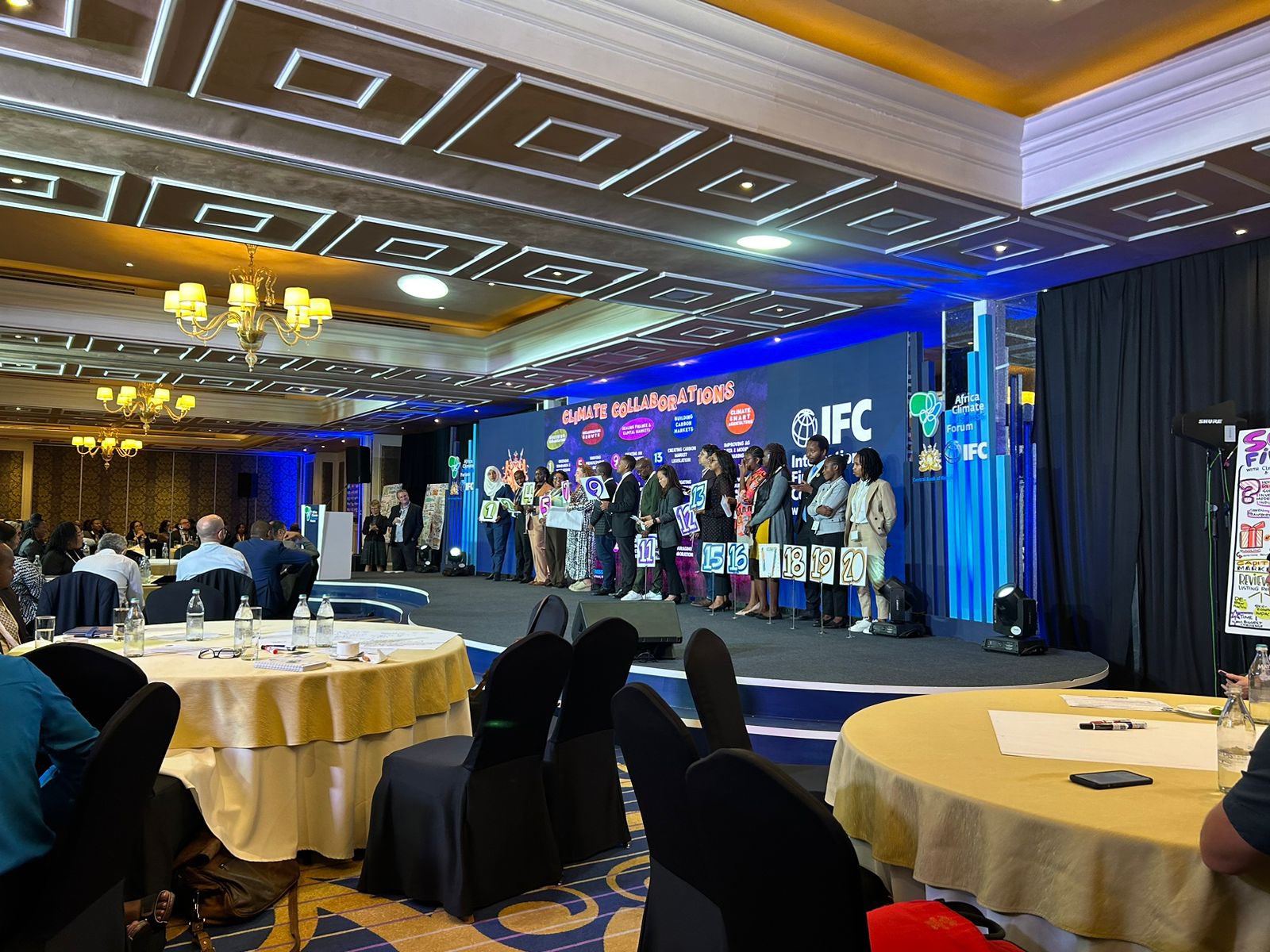Multilateral Development Banks (MDBs) including World Bank and Africa Development Bank have exceeded their climate finance targets for the second consecutive year. In 2022, these banks collectively provided a record USD 60.7 billion in climate finance for low-income and middle-income economies.
This was unveiled in a joint report by the MDBs, during the World Bank Group and International Monetary Fund Annual Meetings in Marrakesh, marking a substantial 46 percent increase compared to 2019 levels.
Read more: Absa Kenya appoints Wilson Kahoro Murage as acting company secretary
The MDBs’ climate finance allocation in 2022 was categorized as follows: USD 38.0 billion (63%) was directed towards climate change mitigation finance, while USD 22.7 billion (37%) percent, was channelled into climate change adaptation. Furthermore, the report highlighted the significant achievement of mobilizing USD 16.9 billion in private finance to support climate-related projects in these regions.
In 2022, MDBs allocated USD 38.8 billion to high-income economies, with the lion’s share, USD 36.3 billion, or 94 percent, directed towards climate change mitigation finance. The remaining USD 2.5 billion, or 6 percent, was earmarked for climate change adaptation. Additionally, a significant USD 51.9 billion in private finance was mobilized to bolster climate initiatives in high-income countries.
Compared to 2019 levels, climate finance for low and middle-income countries in 2022 increased by a remarkable 46 percent, reaching $41.5 billion. Meanwhile, global climate finance witnessed an astonishing 62 percent surge, soaring to $61.6 billion.
In 2019, at the UN Secretary General’s Climate Action Summit, the MDBs had set ambitious climate finance goals for 2025, including a cumulative USD 50 billion for low-income and middle-income economies and at least USD 65 billion globally.
Anthony Nyong, AfDB Bank’s Group’s Director for Climate Change and Green Growth Department, emphasized the urgency to mobilize climate finance at scale and called for greater private sector involvement. He stated, “More is needed from the private sector. The African Development Bank is committed to rallying domestic and global partners to de-risk private capital to unblock the needed trillions of climate finance for Africa.”
Read more: Kenya’s economic powerhouse: A guide to the ‘Pick & Shovel’ investment approach
These figures come amid global efforts to amplify public climate finance for low and middle-income economies, a priority on the international climate agenda. Delegates at theIMF/World Bank Annual Meetings are discussing strategies to further scale up funding for these regions, recognizing the critical role they play in addressing climate challenges.
Email your news TIPS to editor@thesharpdaily.com















